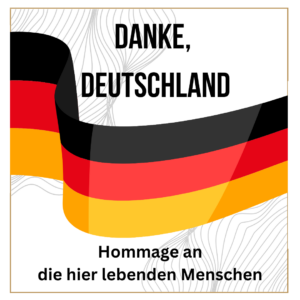The word Bildung only exists in German. And yet the word is known all over the world. The special term is used to describe more than just what is understood by the English word education, for example. Education always means a very personal appropriation of the world. This appropriation is organised according to individual interests and attempts to acquire as many aspects of the world as possible. Traditionally, education has also been associated with travelling.
People should not only learn about their own culture, but also get to know the views of other people with different perspectives on the world. Few countries have such a demanding approach to education. This type of education also strengthens the individual's subjective appropriation of the world. Names such as Wilhelm von Humboldt are often associated with the spirit of such a classical education. Germany is admired throughout the world for this claim. And there is no doubt that the German principle of education is a very special reason to love Germany. Many schools around the world have also written this principle into their school programmes. It is not uncommon for teachers from other countries to visit German schools. They observe how education is implemented.
However, school is only one form of acquiring education. There are many other ways of learning, especially in the cultural sector. With its good cultural policy, the German state supports educational programmes and seminars and thus strengthens the right to education. In Germany and internationally, it is now recognised that education is a human right. Some grant this human right to education only through the opportunity to attend school. Other countries, such as Germany, link ambitious concepts to the human right.
In any case, we should be proud of these concepts, even if reality does not always live up to the promises of theory. There are always disputes about the best possible realisation of education. In addition to the standard school system, Germany also has a whole series of reform school projects. In these, schools endeavour to offer children greater freedom to acquire knowledge and individual education independently.
The word education, with its grand aspirations, will certainly continue to stimulate the mind and spark discussions about the best possible support for the individual acquisition of culture for many centuries to come. And perhaps that is a good thing. After all, discussions always give rise to innovations that adapt educational processes to the current times. Both the subject matter learnt at school has changed and learning itself is constantly taking on completely new forms.
Incidentally, many ideas from particularly good school systems come from Germany. Finland, for example, performed particularly well in PISA, a survey of school performance. Politicians found the model for the Finnish school system in the school system of the former GDR. This part of Germany also provided important inspiration and impetus for the present. In Finland, pupils learn very independently and draw up their own timetables in comprehensive schools. Here, just as much emphasis is placed on meaningful self-assessment as on very personal motivations and interests.

